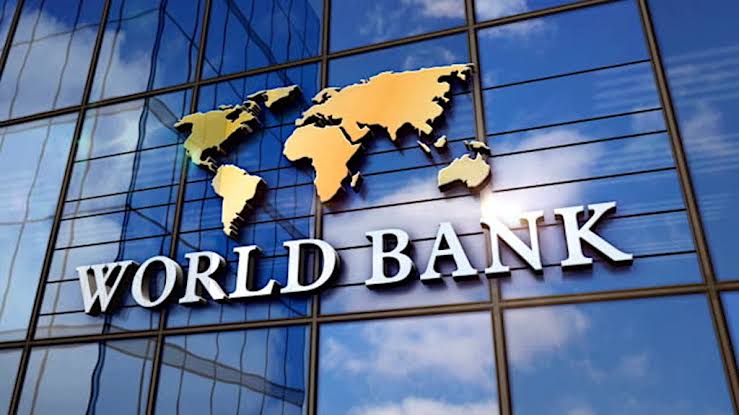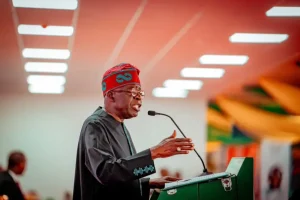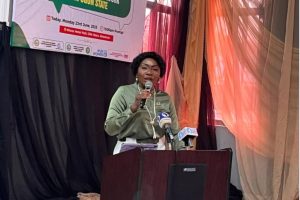
The World Bank Group has urged Nigeria and other African nations to prioritize strengthening social safety nets over subsidies and excessive government spending to combat rising poverty and inequality.
This recommendation was outlined in a recent report titled “Leveling the Playing Field: Addressing Structural Inequalities to Accelerate Poverty Reduction in Africa.”
The report highlights the urgent need to address structural inequalities, emphasizing their role in stalling poverty reduction and exacerbating disparities. Tackling these inequalities, the World Bank argues, is critical for enhancing productivity, increasing earnings, and fostering fairness across the continent.
Africa’s Inequality Landscape
The report identifies Africa as the world’s second-most unequal region, with over half of its countries recording a Gini index above 40—indicating significant income disparities. Structural factors such as unequal public investments, market failures, and vulnerabilities to risks like climate change and conflict are cited as major drivers of this inequality.
Additionally, poverty reduction efforts in Africa have stagnated since the mid-2010s, with the extreme poverty rate remaining at 38% in 2022. Compounding this challenge is the region’s exposure to economic shocks, slow and unstable growth, and a limited capacity to lift millions out of poverty.
A Moment for Change
Despite these challenges, the World Bank sees a window of opportunity for Africa. The continent is home to a rapidly growing youth population, with 8-11 million young people projected to enter the labor market annually from 2020 to 2050. Moreover, Africa’s rich reserves of green minerals could play a pivotal role in driving a global clean energy transition.
To harness these opportunities, the report calls on African leaders to implement a robust policy framework aimed at leveling the playing field and driving economic growth. Such a framework should focus on fostering strong institutional foundations, promoting fiscal stability, and removing systemic barriers that hinder competition, innovation, and investment.
Policy Recommendations
The World Bank outlines three key areas for reform:
- Strengthening Economic and Institutional Foundations:
Leaders are urged to promote macroeconomic and fiscal stability, safeguard property rights, and eliminate structural barriers to competition. These measures would create an enabling environment for businesses, farms, and workers to thrive. - Investing in Human Capital and Infrastructure:
Addressing inequality requires significant investment in education, healthcare, and infrastructure to enhance the productivity of the workforce. Expanding land registration, strengthening property rights, and improving service delivery are also crucial for unlocking economic potential and fostering development. - Enhancing Market Functionality:
Governments should work to remove market distortions and create an environment where firms and individuals have greater access to capital, technology, and global trade. Policies that facilitate job searches and improve labor market dynamics are equally important for ensuring sustainable growth and improved living standards.
A Call to Action
The World Bank emphasizes the need for bold leadership and targeted policies to unlock Africa’s vast potential. By addressing structural inequalities and building inclusive systems, the continent can chart a path toward accelerated poverty reduction and equitable growth.
As the report concludes:
“Leaders must foster strong economic and institutional foundations, promote macroeconomic stability, and eliminate barriers to competition. They must also invest in education, health, and infrastructure to build productive capacity while enabling markets to create jobs and better opportunities for all.”





